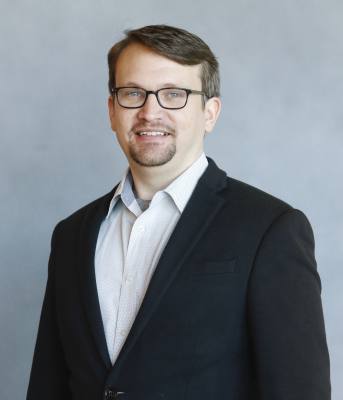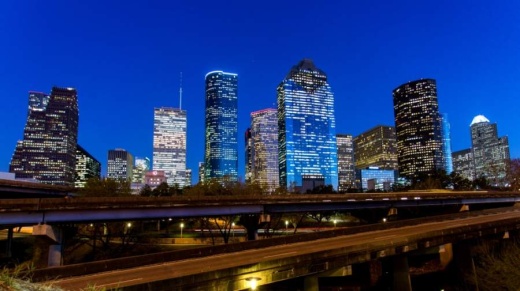Before the coronavirus outbreak, the area enjoyed a "steady state of optimism," with 69% of respondents saying their job prospects were positive, said Rice University sociologist Stephen Klineberg, who shared the results via a livestream hosted by the Kinder Institute on May 18.
While the survey did not capture Houstonians' attitudes in the midst of the crisis, it did paint a picture of economic vulnerability and shifting political attitudes in the region.
"It's going to be very interesting, as we know, to do this survey again as we will in the fall of 2021 to see how we've recovered and how we've dealt with the tremendous challenges that lie ahead," Klineberg said.
The survey reached 1,001 randomly sampled adults in Harris County by phone.
Here are five takeaways from this year's survey. The full survey results can be found at the Kinder Institute.
Traffic remains the top pain point for Houstonians.
For the second year in a row, traffic beat flooding as the most common concern voiced by respondents in an open-ended prompt, with 30% saying this was the biggest problem. The share of respondents listing floods as the concern rose to 11%, in second place. That said, respondents were firmly in favor of more regulation of development, with 65% agreeing with prohibiting construction in repeated flood areas.
Deep economic vulnerabilities persist.
In 2019, the survey found 39% of households could not come up with $400 to cover an emergency expense. This year, the survey identified other aspects of inequality, with 24% of respondents saying their family does not have health insurance and 35% reporting they had a problem paying for food in the past year. These inequalities were even more stark among ethnic groups, with 54% of U.S.-born Hispanics reporting difficulty paying for food in the past year.
When it comes to public opinion, majorities of respondents agreed the government should step in to address inequalities (61%), offer federal health insurance (72%) and ensure access to employment (79%).
Education is key to Houston's future.
Noting that 70% of Harris County residents under age 20 are black or Hispanic and are more likely to experience poverty, Klineberg said the role of education is increasingly supported by Houstonians.
"It is a safe statement to make, that if Houston's African-American and Latino young people are unprepared to succeed in global knowledge economy ... it is difficult to envision a prosperous future for Houston," Klineberg said.
A consistent majority of respondents—55% compared to 56% in 2019—supported expanded funding for public schools, the highest levels of support since the 1990s.
"This is a sea change," Klineberg said.
In addition, 70% of respondents were in favor of paying higher taxes to establish universal prekindergarten.
Civic trust and perceptions of safety have improved.
Since first asking the question in 2014, an increasing number Houstonians every year agree with the statement that "most people can be trusted," with 41% agreeing in 2020.
This rising indicator corresponds with a falling measure of respondents reporting they are "very worried" about crime, with 17% reporting this concern, the lowest in survey history, as well as declining support for the death penalty, with only one in five Houstonians supporting the punishment, the lowest level recorded.
'We are a different folk today.'
Across a range of political and social attitudes, Houstonians are experience a shift in mindset. In 2020, 70% signaled greater support for marijuana decriminalization, double the amount in 1995. An increasing embrace of diversity was also measured, with more people reporting favorable attitudes toward immigrants and Muslims, and more support for LGBTQ communities. This change was also clear with regard to climate change, with 69% agreeing that human activity is affecting climate, up from 48% in 2011.





